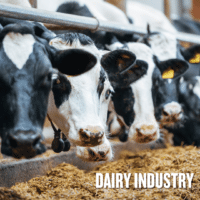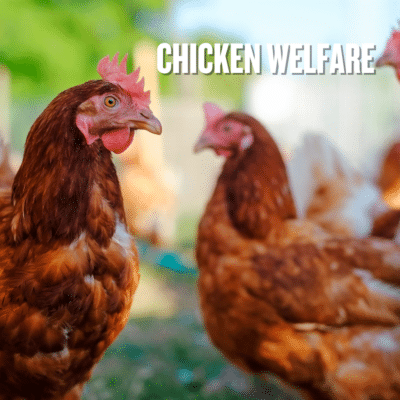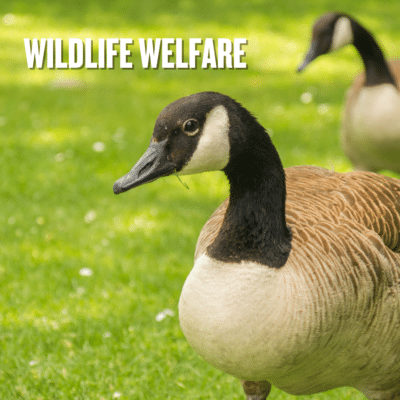Animal Advocacy
For 130 years, the Winnipeg Humane Society has been a voice for all animals. We believe whether they live in a home, on a farm, or in the wild, all living beings need to be treated humanely, free from suffering.
While day-to-day operations at WHS focus heavily on supporting the animals in our shelter, we also work to address issues affecting those in our care and our community through our animal advocacy department.
What is animal welfare?
WHS definition: Animal welfare is the physical and mental state of an animal in relation to the conditions in which they live and die.
We understand that animal welfare is often viewed through an emotional and personal lens, however, we advocate for a scientific approach that objectively evaluates welfare by the same process, no matter the animal.
In other words, the welfare of a dog, pig, or elephant, should be measured without bias.
Why do this work?
The WHS’ mission is to protect ALL animals from suffering. Currently, there is no other organization that can be their collective voice. If we don’t speak up for animals, who will?
Here are just a few ways we’ve already helped animals in Manitoba:
- The WHS’ animal advocacy department was a key stakeholder in recommending stronger legislation through Winnipeg’s Responsible Pet Ownership bylaw around the trapping, breeding, and responsible ownership of animals within city limits.
- We acted as a primary consultant for a 2022 amendment to the Animal Care Act, which now makes it a provincial offence to leave dogs or cats in vehicles in hot or cold temperatures.
- We played a key role in shaping two new federal bills that phase out cosmetic testing and toxicity testing on animals in Canada, both of which were passed in 2023.
- We acted as a primary stakeholder for MP Tim Louis’ private member’s bill (C-355) which aims to federally ban horse exportation for slaughter.
- In 2022, we stopped unnecessary pig and calf animal scrambles, where children compete to run, chase, and grab onto the young animals, at the Royal Manitoba Winter Fair.
Read our position statements on companion, farm, and wildlife animal welfare.
The work
From access to pet-friendly housing to calling for more transparency in industrialized farming, we are working towards a province where animals are protected through legislative change, strengthening existing policies, and challenging social norms. Click on the buttons below to learn about some of the leading welfare issues animals are facing in Manitoba and what we’re doing to help:







